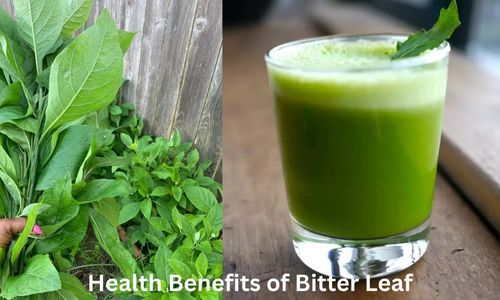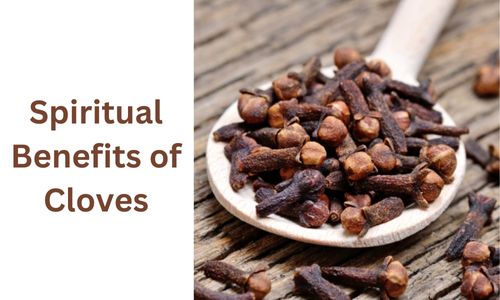Bitter leaf, also known as Vernonia amygdalina, has a long history of well-established health benefits of bitter leaf. The bitter flavor of bitter leaf is a result of the presence of a substance known as sesquiterpene lactones. The leaves’ bitterness, however, is what gives them their strong medicinal and health advantages. You can eat this herb in a variety of forms, including as bitter leaf extract, bitter leaf juice, bitter leaf plant, and bitter leaf leaves.
What is Bitter Leaf?
The bitter leaf is consumed all throughout the world and is known by several local names. However, it performs similar tasks and serves similar goals everywhere. Every component of the plant is thought to be helpful. In rural areas, the stem of this plant is used to make toothpicks and chewing sticks, while its leaves can be crushed or pressed to make juice or extract.
The plant has long been thought to provide medical and therapeutic benefits, including antifungal and antibacterial properties. These characteristics make it beneficial since it can be used to treat a variety of conditions, including diarrhea, high blood pressure, and dysentery.
Read more: Health Benefits of Palm Wine
Health Benefits of Bitter Leaf
Blood Sugar Control
The ability of bitter leaf to control blood sugar levels is one of its significant health advantages. Bitter leaf extracts have been found in studies to have anti-diabetic qualities, making them a beneficial complement for people with diabetes or those trying to maintain healthy blood sugar levels. Bitter leaf can help lower the risk of blood sugar rises and associated consequences by assisting in the metabolism of glucose.
Immune System Boosting
Your body’s defense against infections and diseases is a strong immune system. Essential minerals and antioxidants found in bitter leaf strengthen the immune system. You can improve your body’s capacity to fight off infections by regularly consuming bitter leaf or its juice, which will keep you healthier and more resilient.
Management of Blood Pressure
For overall wellbeing, maintaining cardiovascular health is essential, and bitter leaf can help with that. Extracts from the plant have been connected to reductions in blood pressure. Bitter leaf constituents may assist to relax blood vessels, improving circulation and maybe lowering the risk of heart disease.
Weight Loss Support
struggling to manage your weight? Bitter Leaf could be able to help. The ability of the plant’s extracts to promote weight loss has been investigated. When combined with a balanced diet and consistent exercise, the chemicals in bitter leaf can alter metabolism and appetite regulation, making it an important part of your weight loss journey.
Improved Skin Health
Often, healthy skin starts with what you put into your body. Bitter leaf has a lot of antioxidants that protect skin cells from free radicals, which hastens aging. You may support healthy skin from the inside out and achieve that desired natural glow by putting bitter leaf in your diet.
Anti-Cancer Possibilities
Although further research is needed, several studies have found evidence that bitter leaf extracts may have anti-cancer potential. The growth of cancer cells may be slowed down by a few bitter leaf constituents. These preliminary results are encouraging, while additional study is required.
Management of Stomach Ulcers
Traditional medicine has long used bitter leaf to cure stomach ulcers. Its anti-inflammatory and antibacterial qualities are thought to aid in reducing ulcer symptoms and accelerating recovery.
Can Aid in Reducing Fever
Studies have indicated potential for helping to reduce fever. The plant’s active ingredients, which include anti-inflammatory and antioxidant components, help to reduce fever. Together, these substances serve to reduce body temperature by treating the underlying conditions that produce fever, such as infections or inflammation.
Conclusion
The bitter leaf’s anti-inflammatory effects are one of its most significant health advantages. Although chronic inflammation can be a factor in the emergence of many chronic diseases, it is the body’s normal response to damage or infection. Vernodalin, a substance found in bitter leaf, has been demonstrated to have anti-inflammatory properties.
As a result, it can be used to treat diseases like inflammatory bowel disease, asthma, and arthritis. Additionally, bitter leaf is effective in treating diseases brought on by bacteria, viruses, and fungus due to its antibacterial qualities, which have been demonstrated.





